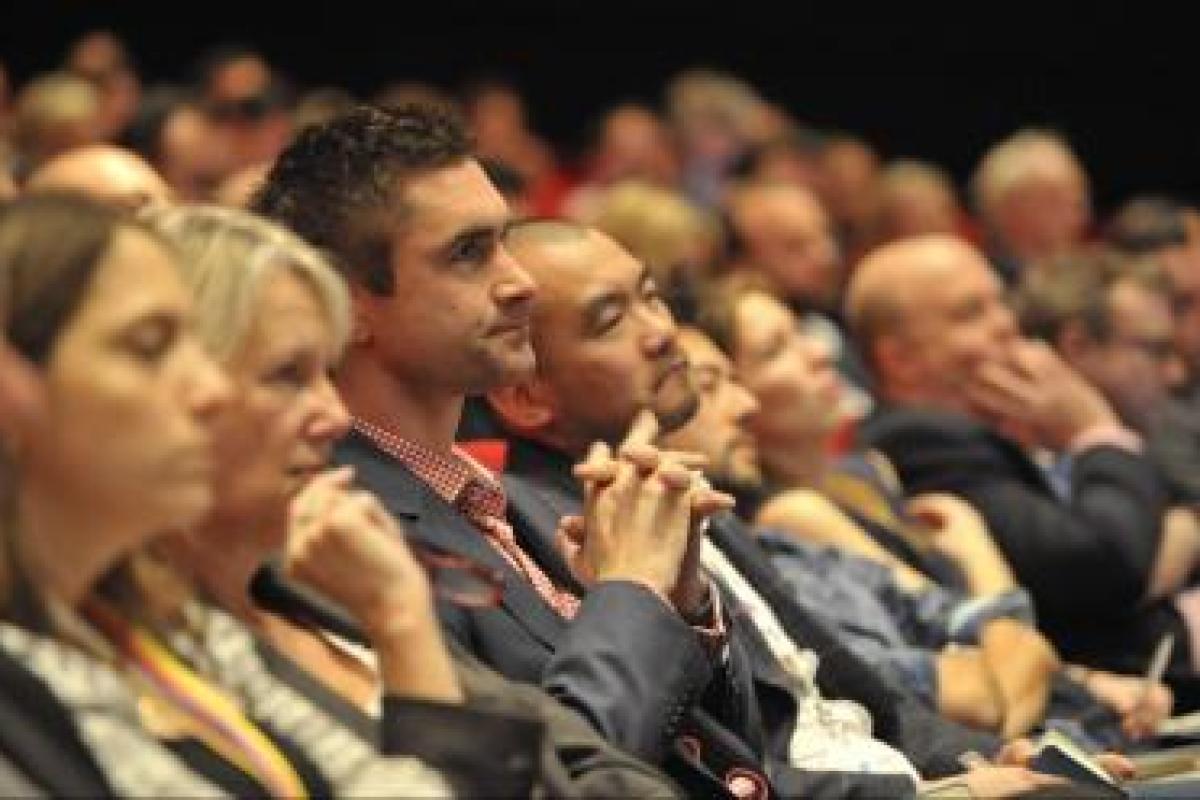This year’s Marketing Society Annual Conference, themed around the idea of “Going Beyond”, covered a wide range of topics aimed at pushing the boundaries of performance, learning, knowledge and success. Participants were taken on a breathless journey from behavioural economics, through empathic story-telling, a revolution in banking, elite sporting achievement and all the way to attaining eudaimonic well-being and super-intelligence. It was quite a ride!
For me though, there was a more fundamental narrative lurking below the surface – a tension around the ways in which human beings will be satisfied in a future which will be dominated by conflicting extremes. Let me explain what I mean.
Several speakers described a world in which consumers will become ever more driven by instant gratification and place even higher demands on the brands that serve them – “beyond consumerism” if you will. Our on-demand economy is breeding an inherent apathy where we strive to achieve everything we want with the least possible outlay of energy or intellect.
Need a pizza? No need to get off the sofa. Just shout at your phone and someone will deliver a Margharita to your door within minutes. Need to communicate with a loved one? Don’t worry about writing words - a couple of simple emojis will do instead. In this world, it was suggested, consumers will become so ego-centric that they’ll expect brands to rate them in return for their loyalty. And, with the rapid adoption of advanced machine learning across all aspects of our lives, we will even be able to “outsource” all the things we don’t like doing (or thinking about) to some form of automaton. Data-driven, “telepathic” brands will do the thinking for us.
On the other hand, we also heard that these hedonic benefits, whilst maybe making us feel good in the moment, probably do little for our lasting satisfaction. With more than 50% of our happiness being determined by the quality of our human relationships, it was argued that, in the long run, psychological benefits will be far more impactful on consumers than material gains. In this world, brands which empathise with their customers through deep story-telling and by seeking to enhance the quality of their relationships will be the winners. Intrigue, jeopardy and purpose are the levers that these brands will need to pull.
This tension is probably best summarised by the famous Pleasure Paradox which states that a direct impulse towards happiness is self-defeating and that a person can only become happy when they seek something other than happiness. It’s the reason why spontaneous social events always seem so much more fulfilling than the ones we’ve been planning for ages. More fundamentally, it’s the motivator which drives us to seek higher purpose in our lives and give something back – “beyond egoism”.
So how should brands behave in this contradictory new world? Serve everything up on a plate to increasingly disinterested consumers or challenge their customers to think more deeply and try to relate on a human level? Whilst the conference jury was out, I firmly believe that an emotionally-intelligent approach will always play a crucial role for long-term, sustainable brand performance. And for bold, inspiring marketing leaders that means deep human insight remains our most important strategic input, even if it is gathered for us by the machines!
Read more from Steve Walker here and follow him @walkersteve
